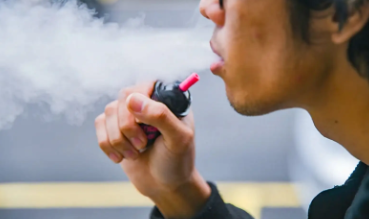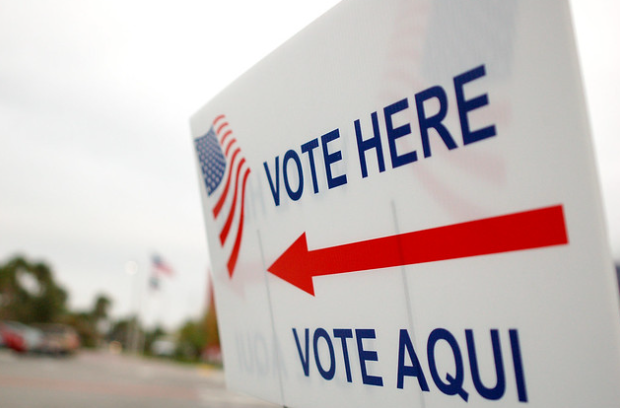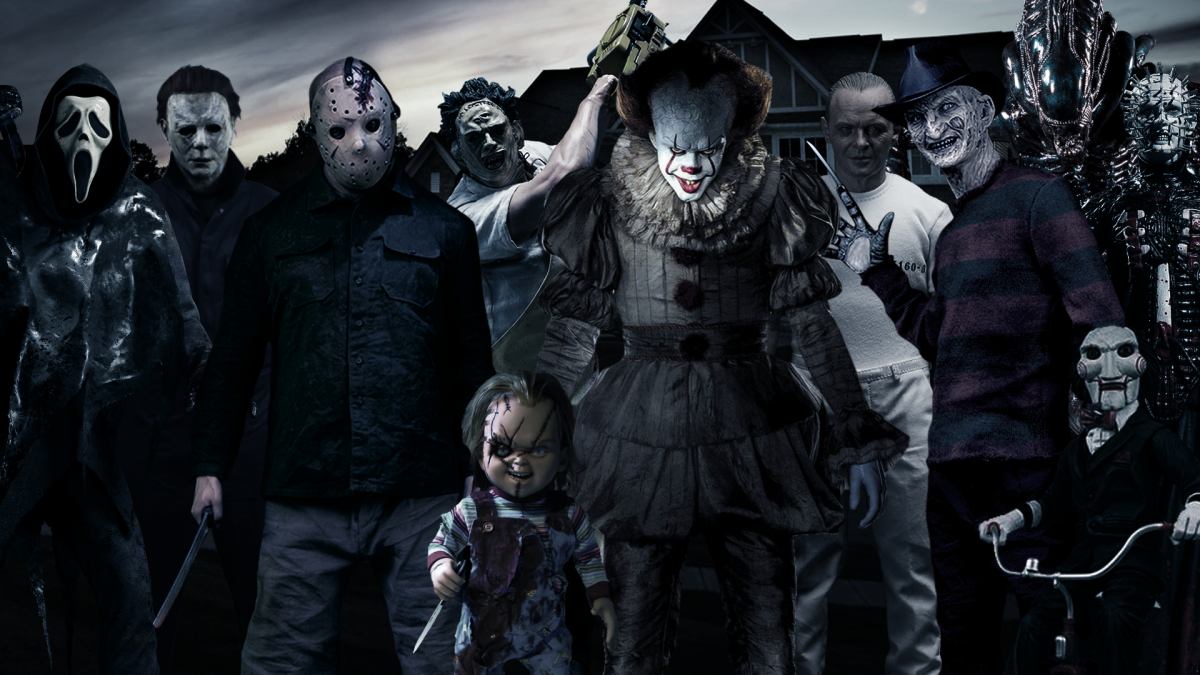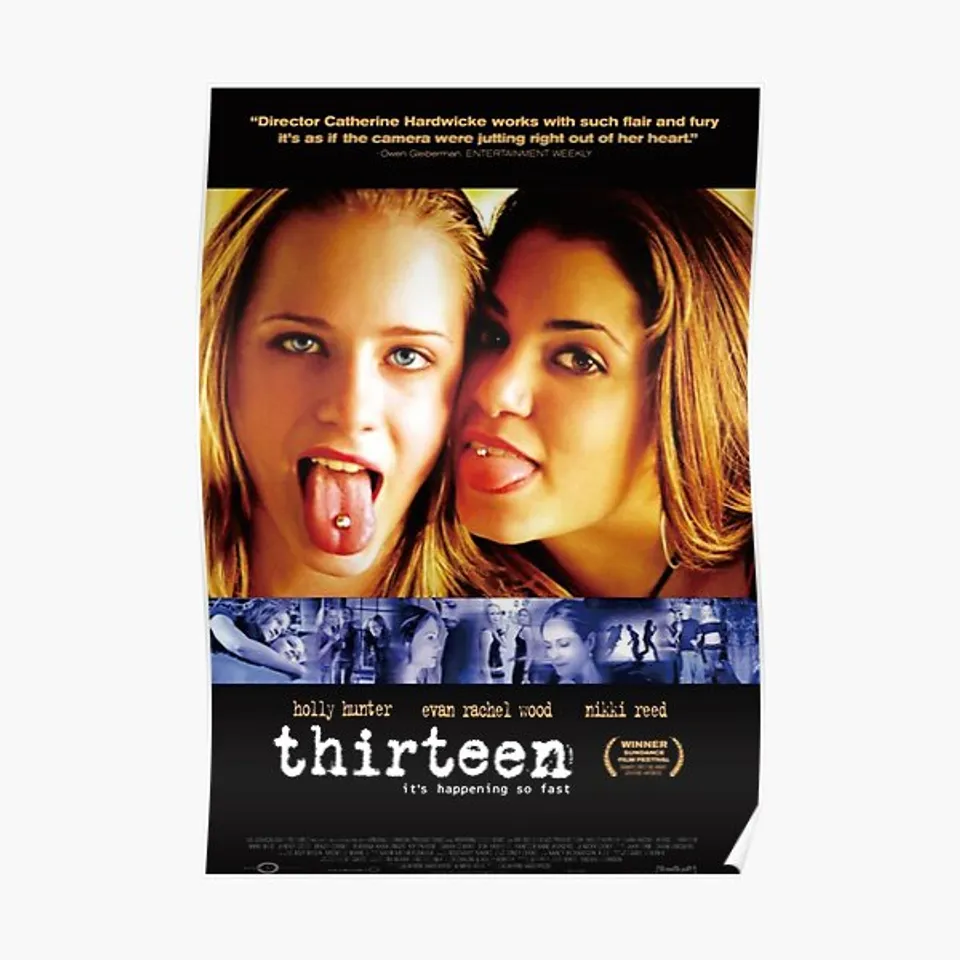Teens and Caffeine
December 22, 2019
How often do you intake caffeine? And are you aware of the effects it has on you? Well, this article is all about the different pros and cons of caffeine and the effects it can have on someone, good or bad.
What exactly is caffeine? It is a commonly used drug and ingredient that triggers the central nervous system creating more alertness and awareness. It can be in many plants or seeds, but can also be artificially produced as well. That is when they come into many drinks like coffee and energy drinks. Drinking these things or taking in caffeine frequently creates a small physical dependence on it meaning it can become slightly addictive.
If you did not know what caffeine is, you are one of the fewer teenagers who don’t. Statistics show that roughly seventy-five percent of teenagers consume caffeine daily. Many teenagers will turn to coffee and energy drinks to stay awake because of the sleep deprivation. If they feel tired, most of them will rely on caffeine to help them feel alert and stay awake throughout their day. Or they may also drink something to help them stay awake during the night for those late-night study sessions.
Although, using caffeine as a way to cope with your tiredness it also has many other health benefits. For example, it can ward off different types of cancer like mouth, throat and skin cancer. It may also help fight off things like Cataracts, Alzhiemers and Type 2 Diabetes. It can also help with your mental health, enhancing your mood by binding the adenosine receptors in your brain. Studies show that people who intake caffeine have a lower risk of suicide. It can also increase memory and improve reaction time and logical reasoning. In addition to that, caffeine helps physical attributes by stimulating hair growth and helping with weight gain.
Caffeine has many pros. It however, has many downsides to people’s health. Especially teens. Very Well Health states, “Caffeine may disrupt the formation of key connections in the brain. During adolescence, when the brain has the most neural connections, caffeine may make the network less efficient.” This means caffeine can affect the brain’s development. By intaking caffeine, it also causes problems with sleeping habits. It has a big role in sleep deprivation which affects a teen’s mental health and education. Teens relying on caffeine as a way to keep them awake can create a physical dependence on this drug, meaning withdrawals can also occur. Including headaches, irritability, anxiety, and sleepiness.
In conclusion, like most substances or “drugs” caffeine has its pluses and minuses. Many teens aren’t aware of both of these, but it is something that most kids consume on the daily. So, the next time you are pulling an all-nighter and reaching for that Redbull or coffee, just think about the effects that caffeine may be having on your body, brain, and health.





















































































































































